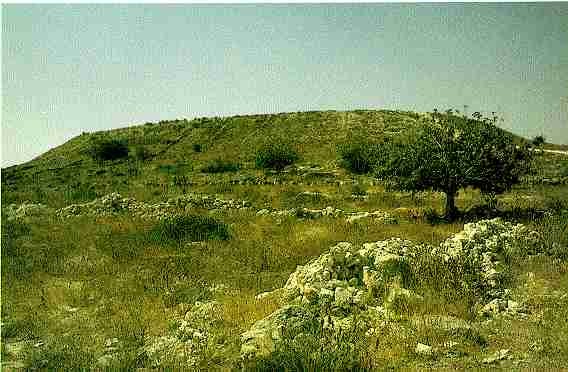Psalm 17 is one of three psalms designated as a prayer (Psalm 86 and 142). That this psalm is a prayer is evidence by the words we use for prayer: hear, incline, give ear, among others. This Psalm is also a psalm of lament in which David proclaims his innocence (Psalm 26; 35; 43; and 69) [see our studies Psalm 26, 35, 43, and 69).
This Psalm begins and ends with the same thoughts. This could be a loose chiastic structure as verse one opens with David’s vindication and closes in verse fifteen with his righteousness. The Psalm also opens with God seeing and closes with David seeing. Many psalms and most of the prophets are written in terms of a courtroom. This Psalm appears to be David pleading his case before God, seeking a verdict of innocence on himself and guilty on those around him.
Although there is no time frame given in the title, most commentators see this as a prayer of deliverance from Saul during the time of 1 Samuel 21-27. Some people look at this psalm and find problems with David’s statements regarding his blamelessness in verses 1-5 and his reference to “mortals” in verses 13-14. Their argument is that these make David seem to be a demigod. However, these statements are found elsewhere, stated by others in Scripture, and are not referring to absolute blamelessness or as to be a little god. These will be covered in the verses.
Verses 1-2-David is calling out to the only one who can help him. This is the cry of many of the psalms that have been covered in these discussions. He states he has not deceived people, in this case Saul, and yet he is being pursued by those who are deceptive (either Saul, the Ziphites, Doeg, and the like). He does not state he is perfect, but he seeks the perfect righteousness of God to be known. When he prays this, he is also stating that God would see where David is right, which implies where David is also wrong.
Verses 3-5-These verses reflect the previous verses. These three verses can be found in the mouth of Job (Job 23.10-11), God (Zechariah 13.9), David and other psalmists (Psalm 39.1; 44.18; 66.10; 119.133), and Peter (1 Peter 1.6-7). Each time the reference for purity is mentioned, it is by the hand of God. David sees the fruit of his life in that he has evidence (or fruit) that he has walked blamelessly in this area and in other areas of life. This is also true for us. We have evidence that we are walking in the power of God’s salvation because of the life we are living and the fruit He is producing in and through us (Galatians 5.22-23). David sees those around him and notices that they have transgressed (13-14), which is also an evidence of fruit but this is the fruit produced by pursuing fleshly desires (Galatians 5.16-21). What fruit is being produced in your life? That fruit will show evidence of whose power you are walking under.
Verses 6-7-David has confidence in God. He knows that God hears our prayers. The term “incline” is found in other Psalms (Psalm 86.7 and 116.2, for example). It suggests that God is bending from the throne desiring to listen to what we have say. Because God leans down from His throne to listen, He is seated on His throne, which means He is victorious and in command. Those who seek His refuge need to come under that command and proclaim Him as their sovereign. In what areas of your life are you holding onto and not letting God command?
Verses 8-12-These verses contain much imagery that will be completed at a later time in these studies. For now, here is a list: “apple of the eye” (Deuteronomy 32:10), “shadow of Your wings,” and “lion lurking in ambush.” The picture being painted is the polar opposite of what we have in God and what those who pursue of desire for us. One is protection (guard me as a man would guard his eye) and loving-kindness and the other is pitiless suffering leading to death. God reminds us that He weighs the heart and knows the desires (1 Samuel 2.3) and that He will judge those who have no pity on those in need (Ezekiel 16.49). Reading that last verse should cause us to ponder what we are doing with our wealth and excess, what forms of service are we involved in, and where are we meeting the needs of those around us?
Verses 13-14-David does not desire to be judged by those around him but by Him who is above him.
Verse 15-David knew that life is greater than today. We are to reflect our relationship with God in this world that they may see His righteousness in us (Psalm 4.6-7 and Matthew 5.16). We are also to look forward to the day that we will be like Him, when our desires will conform to His, when sin will no longer have a stranglehold on us (Psalm 16.11; Isaiah 26.19; and 1 John 3.2). Do people notice the God we serve or do they notice the god we try to be?




